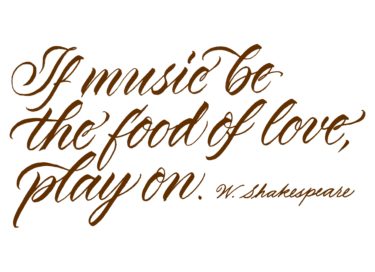To Medicine,
The words Love and Medicine are rarely used in the same sentence these days. Yet love is the heart of everything we are, so why not make it the heart of everything we do?
More than anything, we want to be loved and to be able to love, fully and freely in return. We go into medicine because we love people and we want to help them, but along the way our medical training and our intense daily practice of medicine can wear us down and we can lose our connection with the love that impulsed us to become doctors in the first place. But that love never dies… it lies dormant, sometimes deeply buried under layers of pain, hurt and the behaviours we take on to try and cope with difficult feelings, waiting to be reignited once again.
The roots of medicine are true, steeped in ancient traditions where medicine was not just an art, craft, or science, but was a way of life, a way that was lived by its practitioners, who inspired others to live that way too. For us to return to being true practitioners of medicine, we need to restore that living way, starting with ourselves. And that means connecting with our hearts, and reigniting our love for ourselves, for each other, and for medicine.
We invite you to join us on this journey of restoring true medicine to life.






